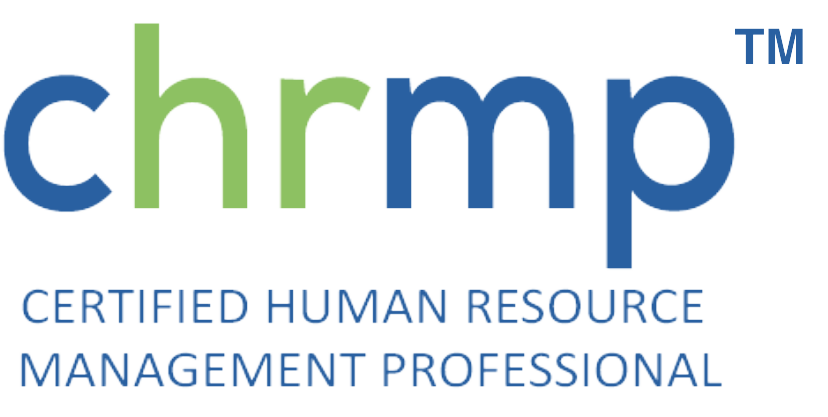Behavioural science and HR
The need to be able to recognise and address our behavioural biases.
Here are some of the most relevant in the workplace
Status quo bias
The status quo feels comfortable and safe while change usually involves risk and demands energy. That can be an uncomfortable prospect unless the proposition is compelling.
So it’s important not to force too many changes, too quickly, on employees.
Often you can present them in a way that makes them appear straightforward and painless, or you can offer some hand-holding to help them cope.
Importantly, avoid overloading people with decisions that will make them feel confused and overwhelmed or they may well end up without making a decision at all.
It’s also helpful to break down any organisational change into structured phases. You can help people cope with the challenges if they can see a beginning, a middle and a final phase.
===================
Loss aversion
It’s a fact that we all hate losing – actually, we’ll often put extra energy into having something when the threat of losing it is strong.
That’s why the ‘when it’s gone, it’s gone’ message is so powerful. For example, deadlines for choices concerning flexible benefit choices should be positioned in the context of a lost opportunity – not just a target to be met.
Similarly, the imminent deadline for an employee feedback survey could be stressed by highlighting employees’ missed chance of having their say or rectifying any problems they’ve experienced.
===================
Bandwagon effect
In times of uncertainty it helps to provide reassurance by showing what other, similar employees have done.
If you can demonstrate that others have followed a particular course of action and told a positive tale, it gives them the confidence to proceed.
In the case of training programmes, benefit options or organisational changes you could tell stories of positive experiences other colleagues have had.
Look to play the “people like me” card to remove any concerns about risks and “whether it’s right for me”.
Understanding the principles of human psychology may make you think again about how HR initiatives can be communicated and promoted beyond the simple statements of fact and benefit features.
And they can open up a new way of creative thinking, enabling you to deal more effectively with the challenges of today’s employee communications.
Sorry, there were no replies found.
Log in to reply.
